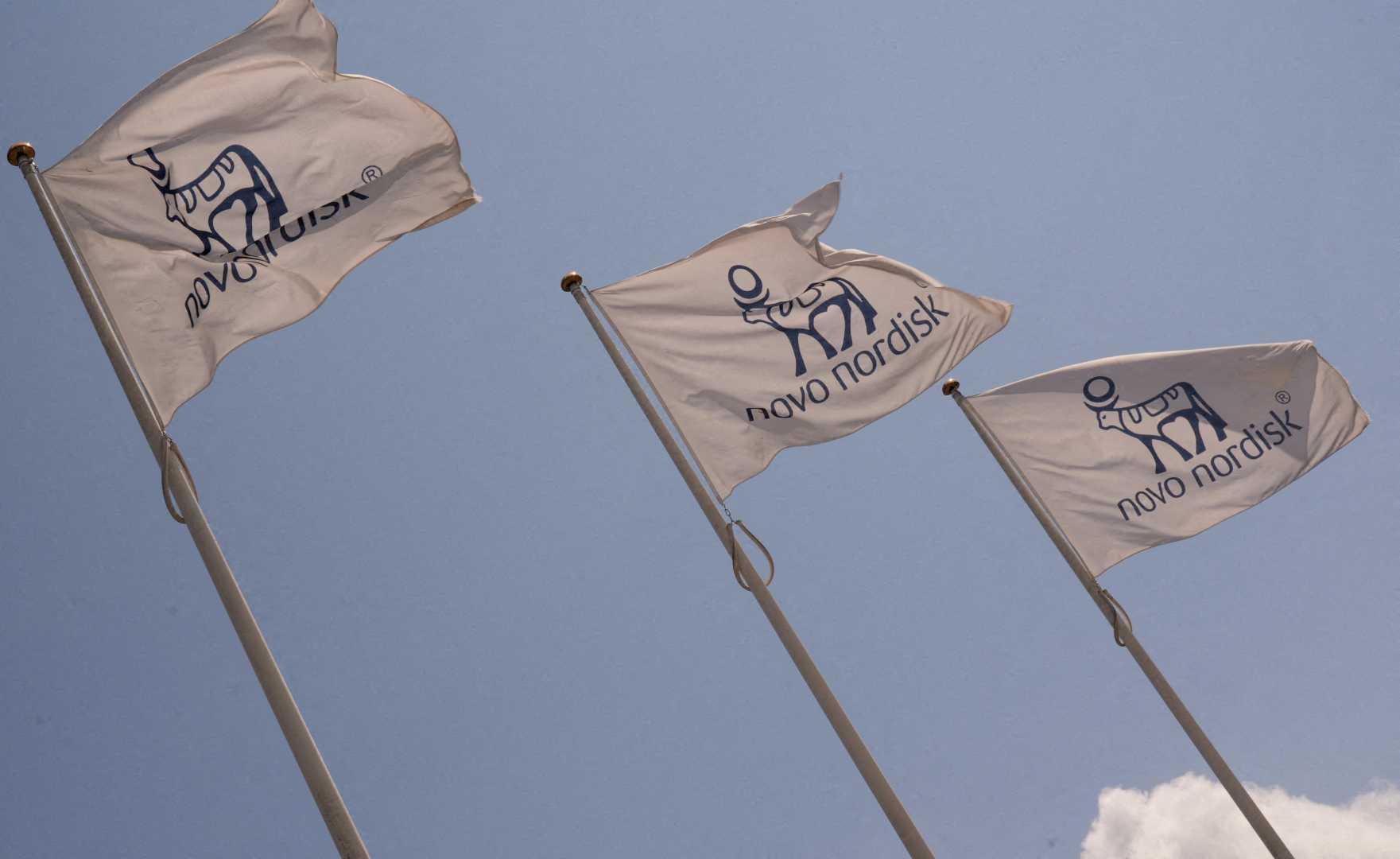Business
Novo Nordisk’s Alzheimer Trials Fail, Shares Drop Amid Setbacks

COPENHAGEN, Denmark – Novo Nordisk announced on Monday that its Alzheimer’s trials for an oral version of semaglutide did not succeed in slowing the progression of the disease. This disappointing news has sent the company’s shares sharply lower, marking a significant setback for the firm, which is best known for its obesity and diabetes medications.
The trials were intended to determine if semaglutide could slow cognitive decline in Alzheimer’s patients. Previously, Novo referred to the trials as a “lottery ticket,” emphasizing the uncertain outcome. Portfolio manager Erik Berg-Johnsen from Storebrand Asset Management suggested the trial’s failure might be “a nail in the coffin” for the use of semaglutide in treating Alzheimer’s.
Despite hopes tied to these trials, semaglutide did not show efficacy in slowing the disease’s progression. “The fact that the study was discontinued after two years, despite a planned extension, suggests that semaglutide offers virtually no benefit for Alzheimer’s patients,” Berg-Johnsen commented.
Novo’s clinical study involved its oral drug Rybelsus, which is approved for type 2 diabetes and is part of a family of GLP-1 medications. These drugs have gained popularity among patients for controlling obesity and diabetes. The failure of the trials casts doubt on the potential for these medications to penetrate the Alzheimer’s treatment market.
Chief Scientific Officer Martin Holst Lange stated, “While semaglutide did not demonstrate efficacy in slowing Alzheimer’s disease, we continue to support its use for individuals with type 2 diabetes and obesity.” The trials, known as EVOKE and EVOKE+, aimed for a 20% slowdown in cognitive decline over two years, assessing changes in areas such as memory and self-care.
The trials recruited 3,808 patients and have added to the narrative of uncertainty regarding Novo Nordisk’s Alzheimer’s ambitions. UBS analysts previously estimated just a 10% chance of success for the company in this area.
Following the news, shares of Biogen rose approximately 5% in premarket trading, indicating a potential competitive advantage for its Alzheimer’s treatments, Leqembi and Kisunla, which are currently the only approved therapies in the U.S. Both require infusions or injections and come with notable side effects.
Market analysts noted that the drop in Novo’s shares seemed to be an overreaction, with Jyske Bank‘s Henrik Hallengreen Laustsen stating a 10% decline appeared excessive. Sydbank’s Soren Lontoft Hansen added that the trial’s failure was not entirely surprising given the company’s struggles this year.
The results from the failed trials represent another challenge for Novo Nordisk and its new CEO Mike Doustdar, who has had to manage slowing sales and increased competition from U.S. peers, particularly Eli Lilly.










